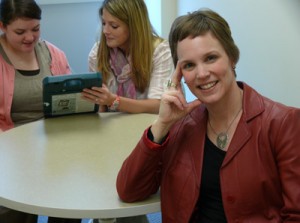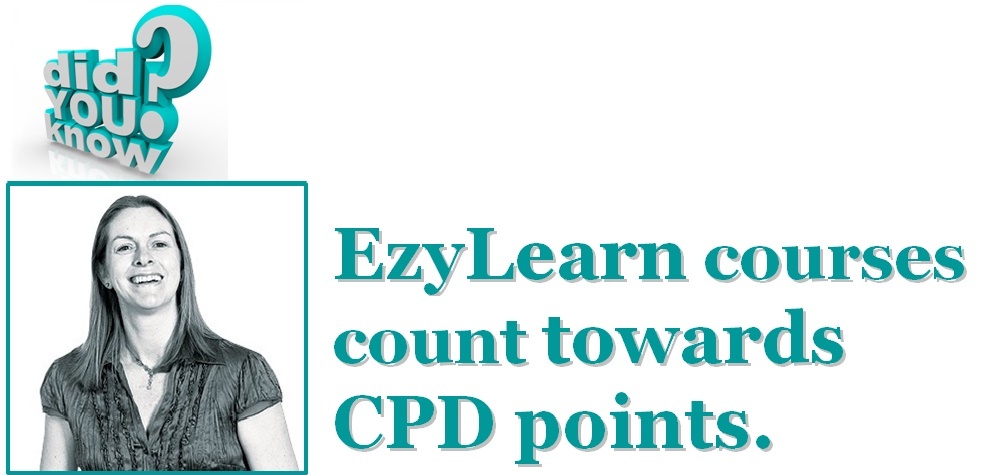
In a previous post we provided you with some tips on how to create a video for your work health and safety (WHS) induction training, which can be delivered online using EzyLearn’s learning management system. In this post, we look at handling enrolments and the most important element of all: testing your staff on their WHS knowledge!
Now that you’ve created your training content and it’s ready to be uploaded onto our learning management system, you need to create a way for people to enrol in your training course, which is accessible from a website.
How to Enrol People in Your Training Course
The easiest way to enrol your staff is to create an online enrolment form that either links to our learning management system where the person is automatically enrolled, or a more basic enrolment form that requires someone to manually enter the person’s details into our learning management system. The option you choose is largely dependent on the size of your organisation.
There are plenty of web-based form builders available that you can use to create your enrolment form, each varying in features and flexibility. If you’re looking for something that’s free, the Google Apps marketplace offers some fairly basic form-building software; there’s also Wufoo, which counts micro-blogging site, Twitter as one of its clients (along with us at EzyLearn!); if you’re looking for optimum flexibility, however, try Formsite.
Once you’ve created an enrolment form, you can use that same form-building software to create the exam your staff will need to complete in order to pass their induction training. It’s best to use a multiple-choice format for your exam, and try to keep the questions as simple as possible — in a real-world scenario, a person will need to respond to a potential safety risk quickly, so you want them to be as prepared as possible.
Have People Had the Requisite Training? Why You Need a Credentialing System
If your organisation has a lot of contractors coming and going on a daily basis, it may be necessary to have a credentialing system on your site. A credentialing system requires visitors to sign in upon arrival at your site to verify whether they’ve had the necessary WHS training.
***
EzyLearn has recently partnered with EzyAccess to provide a suite of options in the area of WHS training. This means that we can provide businesses with the means to induct and train their own staff and also verify and credential visitors to their site.
For more information on how EzyLearn can help your business with your WHS needs, contact us.


























